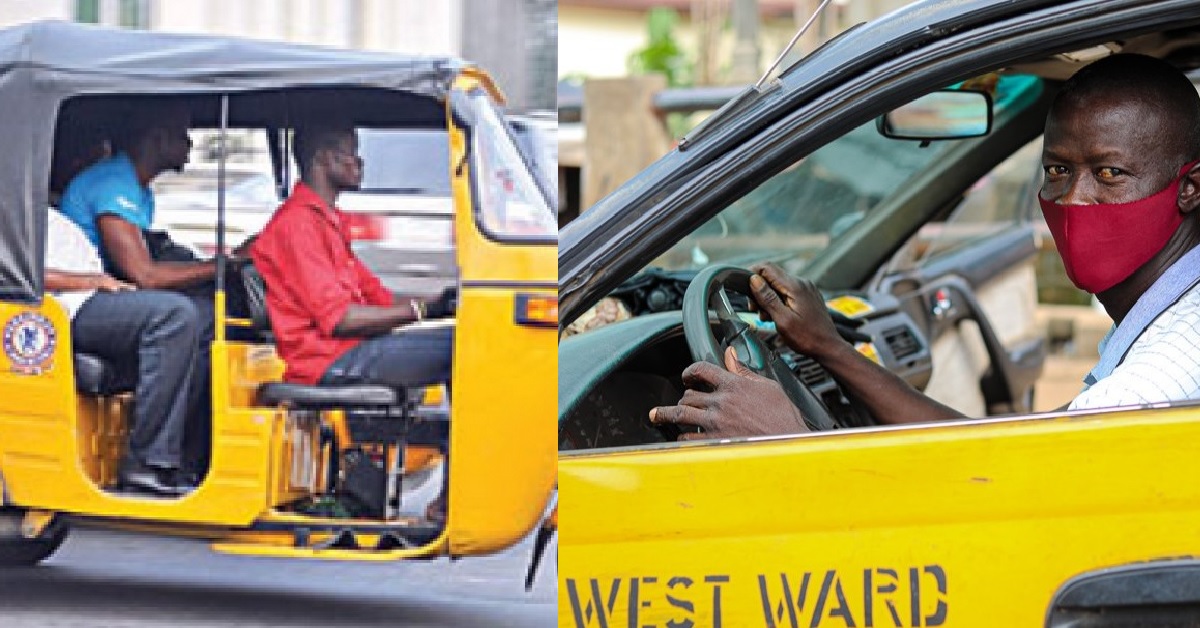Sierra Leone’s Keke drivers in The Gambia: Surviving the daily struggle for a Sunday of their own

On a sweltering Thursday in Serrekunda, The Gambia’s bustling commercial hub, the streets pulse with the noise of engines, horns, and shouting vendors.
The air is thick with petrol fumes and dust.
In the chaos, Musa — a wiry Sierra Leonean in a faded Arsenal shirt — leans out of his small, open-sided “Batch car” to hail a passenger.
For two years, he has driven these streets from dawn until long after sunset.
“Only Sunday is mine,” he says.
“Every other day belongs to my boss.”
Musa’s story is one shared by many Sierra Leonean drivers in The Gambia.
He does not own his vehicle; instead, it belongs to a Gambian businessman.
Six days a week, Musa must hand over between D1,000 and D1,200 before earning a single dalasi for himself — and fuel, maintenance, and repairs all come out of his pocket.
A breakdown, even a flat tyre, can wipe out an entire week’s earnings.
The Gambia’s transport system relies heavily on private operators, from taxis to vans and batch cars, in the absence of railways and reliable public buses.
But rising fuel costs, expensive imported spare parts, and a fiercely competitive market have squeezed drivers’ already slim margins.
Raising fares risks losing passengers, many of whom cannot afford higher prices.
Musa and others also face police crackdowns. Vehicles are sometimes seized for operating without permission in certain zones or during peak hours.
“If they take your car, you pay to get it back,” Musa explains.
“We are constantly told by Gambian police that foreigners aren’t allowed to drive commercial vehicles.”
Many Sierra Leoneans come to The Gambia under the ECOWAS free-movement agreement, lured by the hope of better pay.
But the reality is grueling hours, low earnings, and little to send home.
Ibrahim, 28, admits, “My mother asks if I’m eating well.
I tell her yes, but some nights I just drink Garri for dinner.”
For Musa, the dream is simple: to buy his own car.
“If I can buy my own car, then Sunday can be every day,” he says.
Until then, he keeps driving — through the heat, the traffic, and the unforgiving economics of survival.
About The Author
dailymailafric
I am an avid African news observer, and an active member of Daily Mail Africa.
I’m Passionate about staying informed on diverse topics across the continent,
I actively contribute to publishing on political, economic and cultural developments in Africa.



